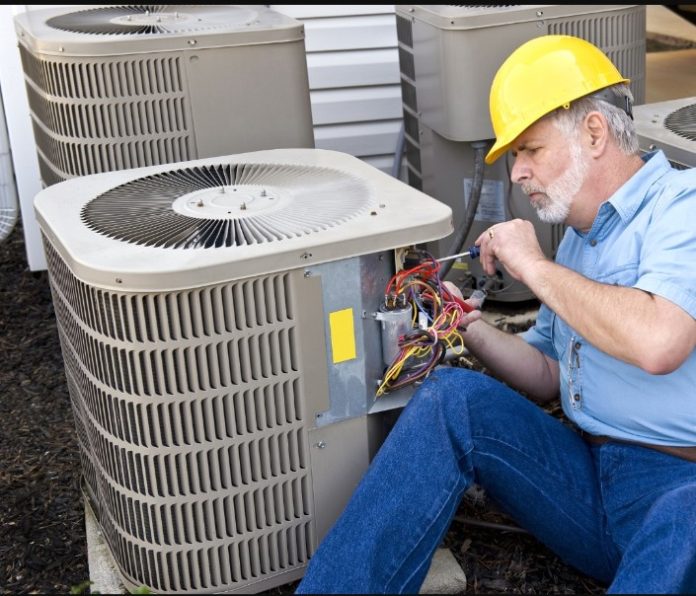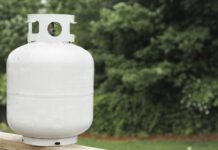As seasons change and temperatures fluctuate, you need a good HVAC system in place to ensure the inhabitants of a building can withstand whatever temperatures come their way. Of course, the HVAC system you use will depend on whether you need it in a residential or commercial building. But if the devices are there for the same purpose, why does there need to be a difference?
Well, we’re glad you asked. With this guide to the differences between commercial HVAC and residential HVAC, you’ll soon have the answer you seek!
But enough preamble, right? Let’s take a look at what we got!
Size Variation Between Commercial and Residential HVAC
The first major difference between commercial and residential HVAC lies within the size of the units. Due to the larger size of most commercial buildings (like warehouses), they require a larger HVAC system. That way, you can ensure proper heating and cooling will spread through the entire building.
Installing a system this large at a residential location interferes with the cycling process. This leads to excess humidity spreading through the house.
Drainage Power
Another difference between the two HVAC systems is that commercial HVAC systems need a more powerful drainage system than their residential counterparts. This is because water gets produced thanks to combustion within the heater.
Commercial heaters produce far more water due to their size. As a result, they need larger drainage systems to compensate. Otherwise, overflow of this water can clog pipes and cause problems throughout the HVAC unit.
Different Installation Processes
Due to the sheer amount of space they need to cover, commercial HVAC systems will often consist of multiple cohesive HVAC systems spread around throughout the building. This prevents one system from overtaxing itself. This amount of power is overkill for residential houses, which need only one unit (split into an evaporator and compressor).
As a result, commercial HVAC also offers more customization options than residential units. This way, they can provide custom levels of heating and cooling to different parts of the building.
Location Variation
The placement of residential and commercial HVAC units also varies quite a bit. Commercial units tend to sit on the outside of the building (generally the roof) due to their bulkiness and the amount of noise they make. By contrast, residential HVAC units usually keep the evaporator component indoors in a closet or basement, while having the compressor sit outside in the backyard near to the house.
The Almighty Price Tag
The final difference between the two HVAC units comes with the price tag the units carry. Commercial HVAC units tend to cost more thanks to the increased complexity of their installation process and heftier size.
Furnace repair also costs more for commercial units. After all, they have a lot more interior components and the average person lacks the training to fix it.
Defense From the Elements
And there you have it! Now that you know all about the differences between residential HVAC and commercial HVAC systems, you’re ready to get the proper system you need to give your building inhabitants a defense against the elements! And for more information about keeping your home in top-tier condition, make sure to check out the other posts on our website!










